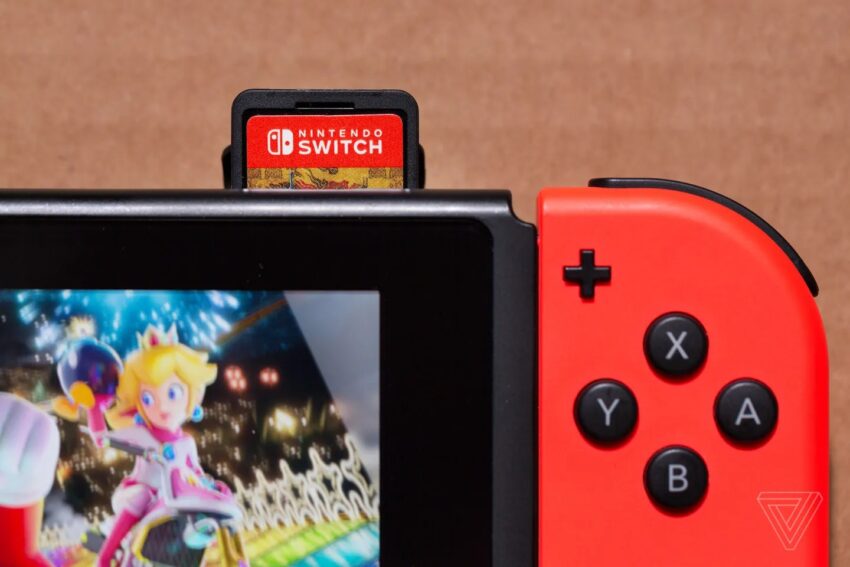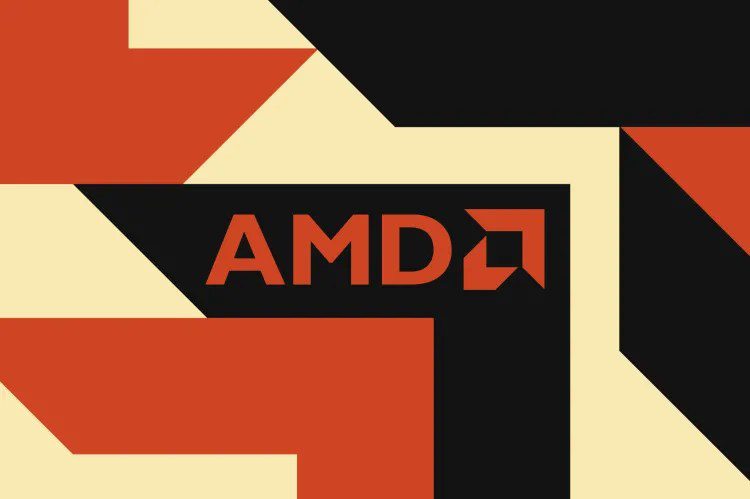
nintendo switch modder ordered to pay 2 Nintendo has secured a significant legal victory in its ongoing battle against piracy, with a Washington District Court judge ordering modder Ryan Daley to pay $2 million and cease selling modified Nintendo Switch consoles.
nintendo switch modder ordered to pay 2
Background of the Case
The lawsuit against Ryan Daley stems from allegations that he operated a website named Modded Hardware, which specialized in selling modded Nintendo Switch consoles, modchips, and Mig flash cartridges. These products enable users to hack into their Switch devices and play pirated copies of games, a practice that Nintendo has long sought to eliminate. The legal action was initiated last year, highlighting the company’s commitment to protecting its intellectual property and combating piracy.
Nintendo’s Claims
Nintendo accused Daley of causing “significant and irreparable harm” to the company through his operations. The court ruling emphasized that the devices and services sold by Daley allowed individuals to create, distribute, and play pirated Nintendo games on a massive scale. This not only undermines Nintendo’s revenue but also affects the broader gaming ecosystem, where developers and publishers rely on sales to fund future projects.
The Legal Proceedings
Daley chose to represent himself in court, a decision that may have influenced the outcome of the case. The judge’s ruling was clear and pointed, indicating that Daley’s actions were not only illegal but also detrimental to Nintendo’s business model. The court ordered him to stop selling modded consoles and any related products, effectively shutting down his operations.
Implications of the Ruling
The ruling against Daley is part of a broader trend in which Nintendo has ramped up its legal efforts against piracy. This case serves as a warning to others who may consider engaging in similar activities. The $2 million penalty is substantial and reflects the seriousness with which the court views copyright infringement in the gaming industry.
Impact on the Modding Community
The decision could have far-reaching implications for the modding community, which often operates in a gray area of legality. While some modding practices can enhance user experience, such as improving performance or enabling custom content, the sale of modded consoles and tools designed for piracy crosses a legal line. This ruling may deter individuals from pursuing similar ventures, fearing legal repercussions.
Nintendo’s Ongoing Legal Strategy
Nintendo has been increasingly aggressive in its legal strategy against piracy. Earlier this year, the company won a case against a file-sharing site accused of hosting pirated games. This victory, along with the ruling against Daley, underscores Nintendo’s commitment to protecting its intellectual property. The company has also taken action against popular Switch emulators, such as Yuzu and Ryujinx, which have faced shutdowns as a result of Nintendo’s legal pressure.
Broader Context of Piracy in Gaming
The issue of piracy in the gaming industry is not new, but it has gained renewed attention in recent years. With the rise of digital distribution platforms, the ease of accessing pirated games has increased, prompting companies like Nintendo to take a stand. The financial implications of piracy are significant; according to various industry reports, piracy can lead to billions in lost revenue for game developers and publishers.
Stakeholder Reactions
The reactions to Nintendo’s legal actions have been mixed. On one hand, many in the gaming community support the company’s efforts to protect its intellectual property. They argue that piracy undermines the hard work of developers and can lead to fewer resources for future game development. On the other hand, some members of the community view Nintendo’s aggressive legal tactics as overly harsh, particularly against individual modders like Daley who may not have the resources to defend themselves in court.
Future of Modding and Piracy
The future of modding in the gaming industry remains uncertain. While modding can enhance gameplay and foster creativity, the line between acceptable modding and piracy is often blurred. As legal actions like the one against Daley become more common, the community may need to reassess its practices and consider the legal ramifications of their actions.
Nintendo’s Stance on Console Modding
Nintendo has made it abundantly clear that it will not tolerate any attempts to circumvent the security measures of its consoles. In addition to the ruling against Daley, the company has indicated that it may take further action against the upcoming Switch 2 if players attempt to mod the device. This stance reflects a broader industry trend where console manufacturers are increasingly vigilant about protecting their platforms from unauthorized modifications.
Legal Precedents and Future Cases
The Daley case sets a legal precedent that could influence future piracy lawsuits in the gaming industry. As courts continue to uphold the rights of companies to protect their intellectual property, individuals engaging in similar activities may find themselves facing significant legal challenges. The outcome of this case may embolden other companies to pursue legal action against piracy more aggressively.
Conclusion
The ruling against Ryan Daley is a clear indication of Nintendo’s unwavering commitment to combating piracy and protecting its intellectual property. As the gaming landscape continues to evolve, the implications of this case will likely resonate throughout the industry. The balance between modding for creativity and the legal ramifications of piracy will remain a contentious issue, prompting ongoing discussions among developers, publishers, and the gaming community at large.
Source: Original report
Was this helpful?
Last Modified: September 9, 2025 at 2:37 am
5 views















